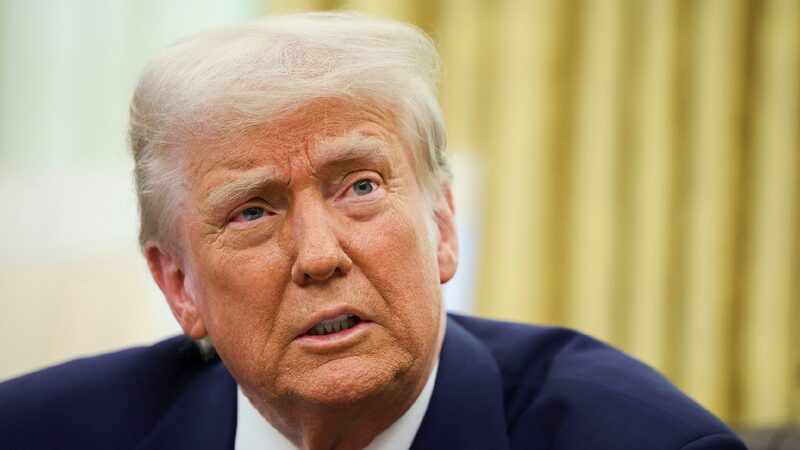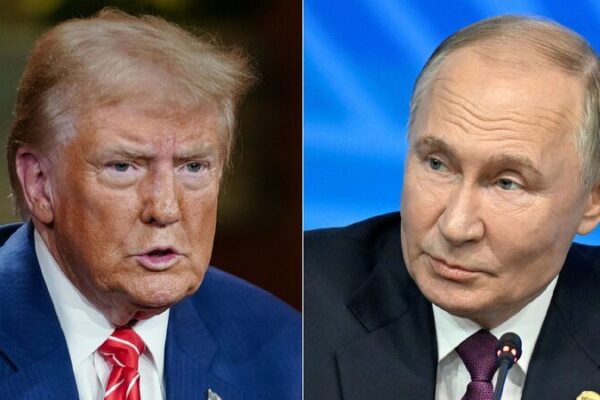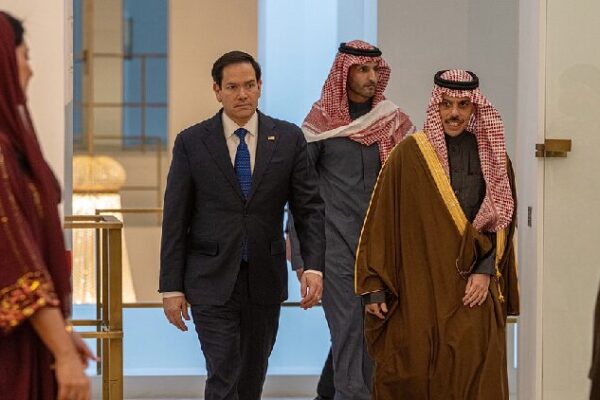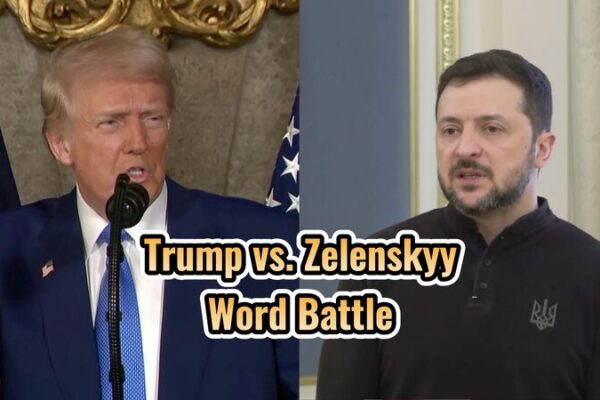The United States and Europe are facing a growing diplomatic divide over Ukraine, as U.S. President Donald Trump’s direct outreach to Russian President Vladimir Putin has raised alarms among NATO allies and questions about the future of Western unity.
On Wednesday, Trump announced a “lengthy and highly productive” call with Putin to discuss ending the three-year conflict in Ukraine. He described it as the beginning of negotiations to halt “massive, unnecessary death and destruction.” Notably, Trump’s remarks did not mention Ukraine’s President Volodymyr Zelenskyy or European leaders, whom he has often criticized for insufficient defense spending.
The call was followed by a conversation with Zelenskyy, who acknowledged the discussion but emphasized that Ukraine’s sovereignty and territorial integrity are “nonnegotiable.” European leaders, caught off guard by Trump’s engagement with Putin, fear a U.S.-brokered deal could sideline Ukraine and undermine Europe’s security framework.
Trump’s actions came hours after U.S. Defense Secretary Pete Hegseth delivered a blunt message to NATO allies in Brussels. Hegseth stated that Ukraine’s aspirations to reclaim territories lost since 2014 or join NATO were “unrealistic,” urging Europe to shoulder the responsibility of enforcing any peace deal. His remarks have sparked accusations that the administration is pressuring Kyiv into concessions while distancing Washington from long-term commitments.
“Any deal behind our backs will not work,” warned EU foreign policy chief Kaja Kallas. She criticized the Trump administration for offering premature concessions to Moscow, including ruling out Ukraine’s NATO membership before talks even begin. German Defense Minister Boris Pistorius echoed these concerns, stating that excluding Europe from negotiations ignores its role as the primary funder of Ukraine’s defense and the region most affected by the conflict’s outcome.
European powers, including Britain, France, and Germany, issued a joint statement insisting that “Ukraine and Europe must be part of any negotiations.” Lithuanian Defense Minister Dovile Sakaliene underscored Europe’s financial contributions, noting that European nations provided $125 billion in aid to Ukraine in 2024 compared to America’s $88 billion. “We earned a place at the table,” she said.
While Zelenskyy expressed optimism about U.S. involvement, Ukrainian officials are concerned about the risk of being pushed into a disadvantageous settlement. Yuriy Sak, an advisor to Ukraine’s Ministry of Strategic Industries, admitted in an interview that NATO membership is now “difficult, if not impossible,” but stressed the need for “substantial security guarantees” from Washington.
Another point of contention is Trump’s proposal to link U.S. military aid to Ukraine with access to the country’s vast mineral resources. Trump frames it as a way to recoup American investments in Kyiv’s defense. Although Zelenskyy has cautiously embraced the idea as a means to maintain U.S. support, German Chancellor Olaf Scholz criticized the strategy as “very selfish.”
Moscow views the dialogue with Trump as a pragmatic step toward addressing what it sees as the root causes of the conflict. Putin has consistently emphasized Russia’s security concerns, particularly NATO’s eastward expansion, which he argues threatens Russia’s strategic interests. Kremlin spokesman Dmitry Peskov stated that any lasting resolution must address these “root causes,” including Ukraine’s neutrality and recognition of Russia’s sovereignty over Crimea and the Donbas region. Russian Foreign Minister Sergey Lavrov downplayed European concerns, calling Trump’s outreach a normal conversation between “two polite, educated people” and dismissing EU leaders’ reactions as exaggerated.
Reference(s):
cgtn.com








